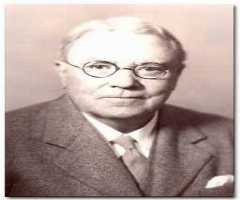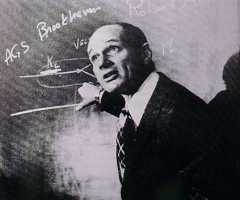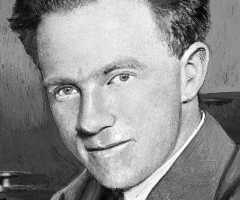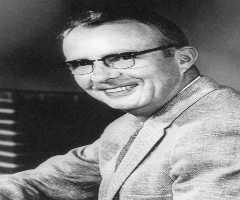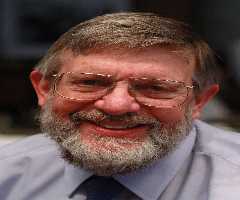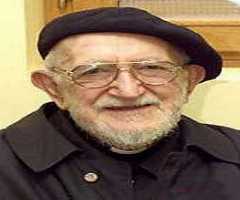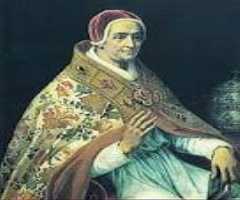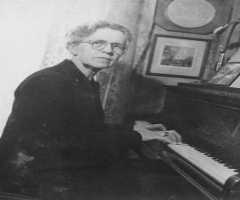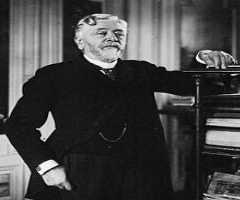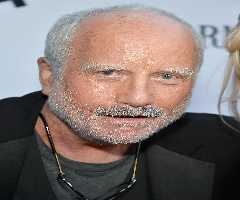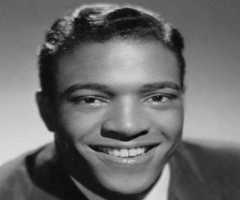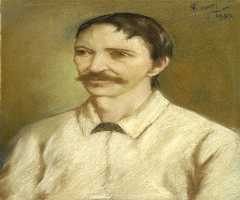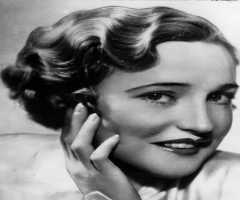Louis Eugène Félix Néel Biography, Life, Interesting Facts
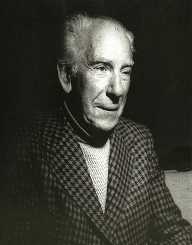
Birthday :
Died On :
Birth Place :
Lyon, Auvergne-Rhone-Alpes, France
Zodiac Sign :
Louis Eugène Félix Néel was a French physicist and a Nobel Prize in Physics winner in 1970. November 22, 1904, Louis Eugène Félix Néelshared the award with Swedish astrophysicist Hannes Alfvén “for his leading-edge research work on the magnetic properties of solids.”Neels contribution in the field of solid-state physics set the basics for several applications including in the development of advanced memory units of the computer. Louis Eugène Félix Néel also contributed immensely in national defense with his studies in safeguarding warships through demagnetization against magnetic mines. This contribution won him several honors including being made a Knight (1940) Grand Officier de la Légiond'honneur (1966) and Grand Cross (1974).
In 1940 Louis Eugène Félix Néel was conferred the military decoration of France, Croix de Guerre with Palms, ‘Commander of the Ordre des PalmesAcadémiques’ in 1957; the ‘Knight of the Social Order of Merit’ in 1963; and the Grand Cross of the National Order of Merit in 1972. Louis Eugène Félix Néel was a founding member of the World Cultural Council in 1981. As an academician, Louis Eugène Félix Néel worked was a Professor at the University of Strasbourg’s Faculty of Science and a lecturer at the EcoleNormaleSupérieure.
Early Life And Education
Louis Eugène Félix Néel was born on November 22, 1904, in Lyons-la-Forêt, Eure in Upper Normandy. Louis Eugène Félix Néel received his education at the Lycée du Parc’ in Lyon and later at the ‘ÉcoleNormaleSupérieure’ in Paris in 1924 and graduated in 1928. He then enrolled at the University of Strasbourg where he earned his Doctor of Science degree in 1932.
Career
After completing Ecole Normale Supérieure, in 1928, Louis Eugène Félix Néel was appointed there as a lecturer. In 1937, he became a professor University of Strasbourg’s Faculty of Science until 1945. Louis Eugène Félix Néel was appointed a Director of the laboratory for electrostatics and metal physics (Centre National de la RechercheScientifique) in 1946.
Louis Eugène Félix Néel also served as the Director of the Institut Polytechnique de Grenoble and of the EcoleFrançaise de Papeterie from 1954 to 1970 and the director of the Centre d'Etudesnucléaires de Grenoble from 1956 to 1970. In 1970, Louis Eugène Félix Néel served as the President of the Institut National Polytechnique in Grenoble. Neel was a Board member of the Directors of the C.N.R.S from 1949 to 1969. In 1952 Louis Eugène Félix Néel was a scientific adviser to the French Navy and also served as the French representative at the Scientific Committee of the North Atlantic Treaty Organization.
Louis Eugène Félix Néel started his research career in the field of magnetism in the Professor Weiss laboratory in Strasbourg from 1928 to 1939. In 1939, Louis Eugène Félix Néel was called to serve in the World War II, where he worked on the defense of ships of the French fleet against German magnetic mines by inventing the new method of protection (neutralization). In 1940, Louis Eugène Félix Néel returned to Grenoble to set up the Laboratoired'Electrostatiqueet de Physique du Métal. The extensive work there made it become an external laboratory of the Centre National de la RechercheScientifique in 1946. Through his research, Louis Eugène Félix Néel discovered the concept of anti-ferromagnetism and ferrimagnetism and its significance. This discovery won him the Nobel Prize in Physic in 1970.
Louis Eugène Félix Néel continued to work on several other aspects of magnetism including magnetic viscosity, superantiferromagnetism, hysteresis, the theory of Rayleigh's Laws, magnetic properties of fine grains and internal dispersion fields among several others. His extensive work in this field won him several career awards and honor. In 1966, he became an elected Foreign Member of the Royal Society (ForMemRS).
Personal Life
Louis Eugène Félix Néel was married to Hélène Hourticq in 1931. The couple had three children, Marie Françoise, Marguerite, and Pierre. Pierre became a television producer and Marie Françoise an Attachéed'Administration at the Conseild'Etat. Neel. Louis Eugène Félix Néel died on November 17, 2000, at age 95 in Brive-la-Gaillarde, a commune of France.
Awards And Honours
Louis Eugène Félix Néel received numerous awards and honors for his work including the Hughes Prize of the Academie des Sciences, 1935, Félix Robin Prize of the Sociétéfrançaise de physique, 1938, André Blondel Medal, 1948 and Grand Prix du Conseil de l’association in 1949. Louis Eugène Félix Néel won the Nobel Prize in Physics in 1970 and awarded the Great Gold Medal of the Sociétéd’encouragement pour la rechercheetl’invention (1973) and Grand Officier de la Légiond'honneur (1966) among several others.
More Physicists
-
![Charles Greeley Abbot]()
Charles Greeley Abbot
-
![Allan McLeod Cormack]()
Allan McLeod Cormack
-
![James Cronin]()
James Cronin
-
![Rudolf Mossbauer]()
Rudolf Mossbauer
-
![Jerome Isaac Friedman]()
Jerome Isaac Friedman
-
![Herbert Kroemer]()
Herbert Kroemer

